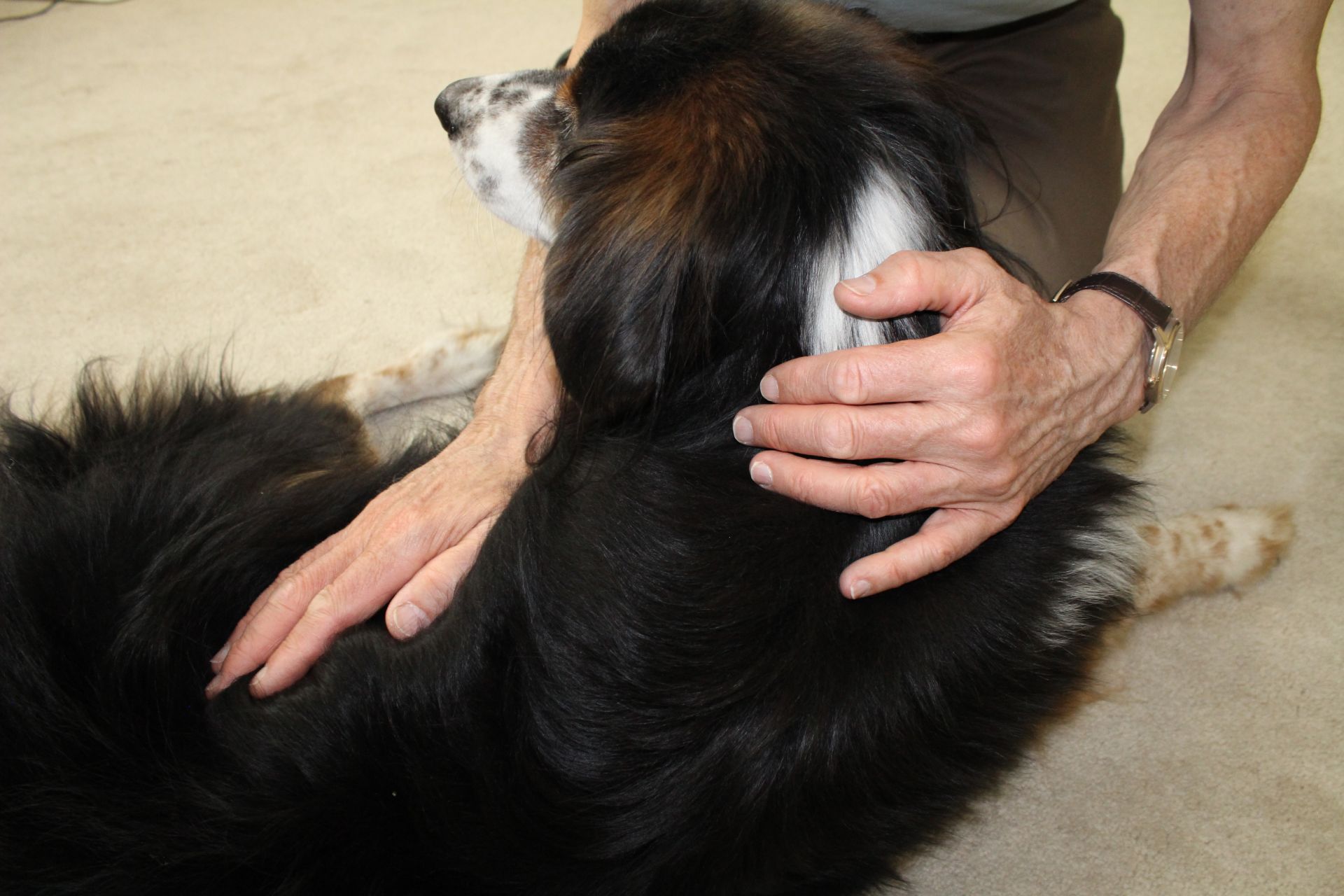No More Barking Online Dog Training
-
Author: Jenn Merritt
-
Level: Beginner
-
Length: 2.1 hours
Write your awesome label here.
Lesson series: Good Dog on the Go!
Have a barky dog? Love him but you’re tired of the noise? No More Barking addresses visual and audible stimulation, plus mild separation anxiety, that can lead to excessive barking. No drugs here. This is a natural, reward based dog training program. This course is designed for adult humans and barky dogs, not children.
-
Number of Training Videos: 41
-
Video time: 108 minutes
-
Recommended Training Tools: Leash, treats, treat pouch, dog bed, harness, Thundershirt, food dispensing toy
Watch a sample training video
Reward based training exercises for barky dogs.
Stimulating and fun for your dog.
Stimulating and fun for your dog.
Write your awesome label here.
What's included?
No More Barking is designed for dogs that are reactive to visual and sound stimulation and who suffer from mild separation anxiety. Reward based dog training exercises include attention games, sit, down, go to your mat, stay on your mat, targeting, wait at the door, meet and greet at the door, teaching to be quiet when the doorbell rings, using food dispensing toys, and Tellington TTouch exercises for stress reduction.
Our program does not address aggressive or fear based behavior in dogs, which requires the assistance of a reward based dog training professional.
Our program does not address aggressive or fear based behavior in dogs, which requires the assistance of a reward based dog training professional.
Lesson series: Good Dog on the Go!
Reward based dog training that works!
This is not an instant fix program. Each dog will learn at their own pace. Individual circumstances will effect the length of time needed to practice some exercises. Repetition and consistence is key for getting positive results. Although some of our exercises are kid friendly, this program in its entirety, is not recommended for children. We also suggest consulting a veterinarian for more severe anxiety issues. Our program does not address aggressive or fear based behavior in dogs, which requires the assistance of a reward based dog training professional.
The training game videos you'll view in this account are meant to be repeated again and again throughout the month. Practicing in different rooms of the house, inside vs outside, and with different members of the family can keep things entertaining and exciting. Consistency and repetition is the key to success. We recommend training sessions of 5 to 10 minutes at a time, one to several times per day.
The training game videos you'll view in this account are meant to be repeated again and again throughout the month. Practicing in different rooms of the house, inside vs outside, and with different members of the family can keep things entertaining and exciting. Consistency and repetition is the key to success. We recommend training sessions of 5 to 10 minutes at a time, one to several times per day.

Course Lessons
It is our hope that your family comes together to work with your family dog through this program and it provides many opportunities over the upcoming months to enjoy each other and have fun. Not every lesson will be perfect and not every dog will pick up a new skill on the first try, but that's OK. Keep practicing and feel free to contact us with questions or problems. Good luck and starting training!
Frequently asked questions
When does the course start and finish?
The course starts now and you'll be provided continuous access to the training videos. Take your time and watch them as many times as you like. Repetition is good for everyone.
Was this written by a professional dog trainer?
Yes it was. Jenn Merritt, CPDT-KA, BS, was a professional reward based dog trainer for more than thirteen years. She was also Fear Free certified and a Tellington TTouch Guild Member.
What does reward based dog training mean?
Reward based dog training or positive reinforcement dog training uses praise and/or treats to reward your dog for doing something you want him to do. Dogs quickly learn what behavior to repeat to get praise and rewards. Reward based training does not use punishment, force, or any type of training device that injures or hurts your dog.

